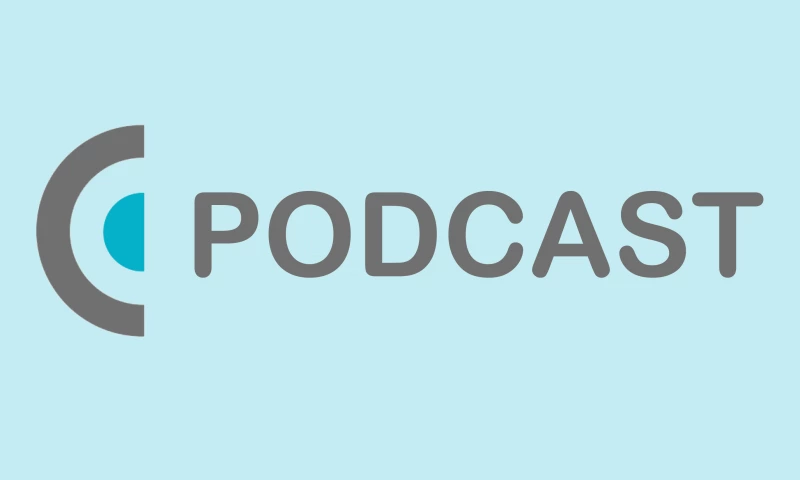Seminar Series 3: Lecture 6 - Dr Rajiv Kumar
'Towards Ethical Economics: An Initial Exploration'
Dr Rajiv Kumar, Director and Chief Executive, Indian Council for Research on International Economic Relations, India led the lecture entitled 'Towards Ethical Economics: An Initial Exploration'
Resources
Back to



